Table of Contents
Key Takeaways
- Your HVAC system’s longevity and efficiency may both be increased with routine maintenance.
- Performance may be significantly improved by doing simple actions like cleaning the vents and replacing the filters.
- Professional inspections are essential for identifying and fixing potential issues early.
- Understanding how your system works can help you make informed decisions regarding its upkeep.
- Implementing energy-saving practices can reduce your utility bills and environmental footprint.
Regular Maintenance Tips
Keeping your HVAC system in top condition requires consistent effort. Regular maintenance ensures your system runs efficiently and lasts longer. Tasks such as cleaning vents and checking the thermostat can prevent minor issues from becoming major problems. For instance, seasonal inspections and tune-ups can help identify potential issues before they escalate. If you’re from Glenview, consider services like AC Repair Glenview, IL, to maintain your system effectively.
Maintaining your HVAC system doesn’t have to be a daunting task. Slight, regular actions can prevent costly repairs and ensure your system operates efficiently year-round. Your vents may get clogged with dust and debris, which can lessen airflow. Regularly cleaning these vents guarantees that your system doesn’t overwork itself and enhances the quality of the air. Furthermore, clearing the space surrounding your outdoor unit of any garbage and plants can help to increase airflow and boost the effectiveness of the system.
Filter Replacement: The Simple Fix
One of the most accessible and critical maintenance tasks is changing your HVAC filters regularly. Dirty filters restrict airflow, forcing your system to work harder, which can increase energy consumption and wear out parts faster. Experts recommend replacing filters every 1-3 months, depending on your home environment. Learn more about filter types and their impact on air quality.
One frequently disregarded component of HVAC maintenance is filter replacement. Numerous problems, including as low indoor air quality, higher energy costs, and even system failures, can be caused by a filthy filter. You can prevent these issues and make sure your HVAC system runs well by setting a frequent reminder to check and change your filters. High-efficiency filters should also be taken into account as they can absorb more airborne particles and enhance the general quality of the air in your house.
The Value of Professional Inspections
Although DIY maintenance is essential, professional inspections are of equal importance. An expert technician is able to identify problems that someone without training may need to address. Regular inspections, whether yearly or every two years, can help prolong the lifespan of your system and guarantee it functions at its best efficiency. They are also able to offer information about individual issues, like refrigerant levels and electrical parts.
In these inspections, an expert can adjust your system and detect possible problems like old parts or low refrigerant levels. This proactive method can help you avoid surprise malfunctions and expensive fixes in the future. Additionally, expert technicians frequently utilize specialized tools and equipment to conduct a comprehensive examination of your system, guaranteeing that each part is operating correctly. Routine checks also give reassurance, ensuring that your system is well taken care of and operating correctly.
Energy-Saving Practices
Utilizing energy-conservation techniques not only helps the environment but also lowers energy costs. Making small changes, such as installing programmable thermostats, fixing ductwork leaks, and ensuring adequate insulation, can have a noticeable impact. Based on information from the U.S. Department of Energy, these actions could result in significant yearly energy conservation.
Energy-efficient strategies extend further than simply utilizing a programmable thermostat. For example, adjusting your thermostat to a higher setting during the summer and a lower setting during the winter can help conserve energy. Frequently inspecting your ductwork for any leaks and sealing them can help stop conditioned air from getting out, leading to increased efficiency. Making sure your house has good insulation can also decrease the strain on your HVAC system, resulting in a more energy-efficient and comfortable living space. Moreover, enhancing your home’s energy efficiency can be further achieved by upgrading to energy-efficient HVAC systems and components.
Understanding Your HVAC System
Knowing your HVAC system is essential for its maintenance because it gives you power. Having a grasp of how individual parts function and their contributions to the entire system can enhance your problem-solving ability significantly. For instance, understanding the distinction between condenser and evaporator coils can help identify cooling issues. Get to know your system’s manual and seek advice from experts if you need more clarification.
Understanding the appropriate times and methods to inspect essential parts can help avoid minor problems escalating into significant troubles. Identifying the initial indications of a malfunctioning compressor can prevent a total system shutdown, for example. Understanding your HVAC system’s essential functions and components can assist in making educated choices regarding upkeep and repairs. Being knowledgeable about airflow importance and refrigerant leak symptoms can help you save time and money.
Common HVAC Issues and Solutions
HVAC systems can face a range of issues, from strange noises to uneven heating. Identifying the root cause early can save time and money. Common problems include refrigerant leaks, sensor issues, and clogged drains. Keeping an eye out for warning signs and addressing them promptly can prevent more extensive damage.
If you hear unusual noises, experience irregular temperatures, or notice increased energy bills, these could be signs of underlying issues. Promptly addressing these symptoms can help keep your system running smoothly. For example, a clanking noise might indicate a loose part, while uneven heating could be a sign of a blocked vent. HVAC noise troubleshooting can be especially useful in identifying specific problems early on. By understanding these common issues and knowing when to seek professional help, you can prevent minor problems from becoming major repairs.
Seasonal Maintenance Checklists
Creating seasonal maintenance checklists can help you stay on top of HVAC care. For instance, before summer, ensure the AC is operational and check the refrigerant levels. In winter, inspect heating elements and check for drafts. These checklists simplify the process and ensure consistent maintenance throughout the year.
By adhering to a seasonal maintenance schedule, you can ensure that your HVAC system is prepared for the challenges posed by changing weather conditions. For example, before the cooling season begins, make sure your air conditioning unit is clean and free of debris. Before the heating season, check your furnace or heat pump to ensure it’s ready to keep your home warm. A seasonal checklist can serve as a valuable tool for maintaining your system’s efficiency and reliability year-round.
Final Thoughts
There’s no reason why maintaining your HVAC system has to be complicated. You may increase system efficiency, save energy expenses, and prolong the life of your equipment by implementing these valuable suggestions. The best strategy for optimum performance combines expert inspections with routine do-it-yourself maintenance. If you take preventative measures, your HVAC system should last you for many years.




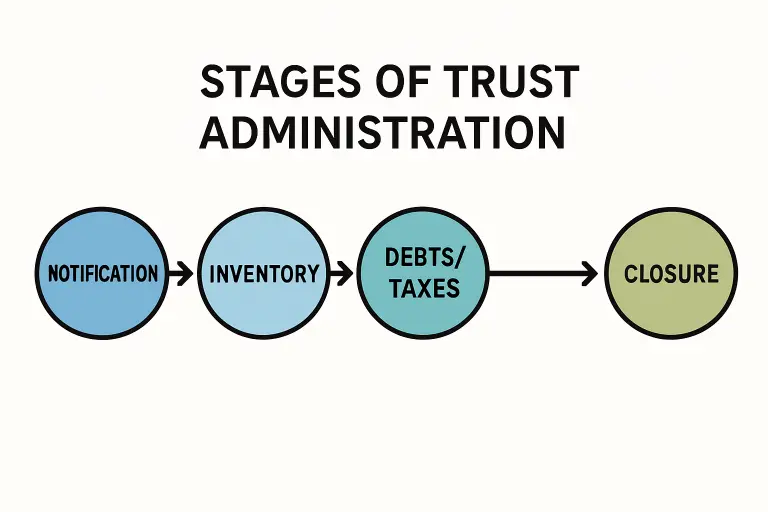



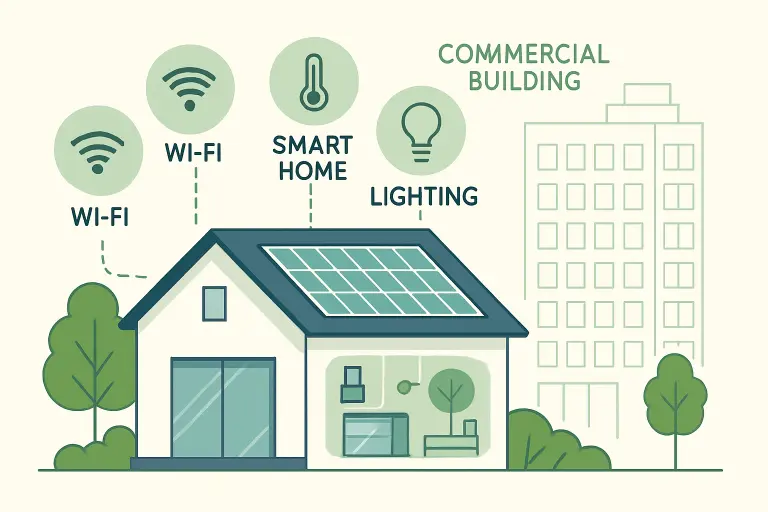











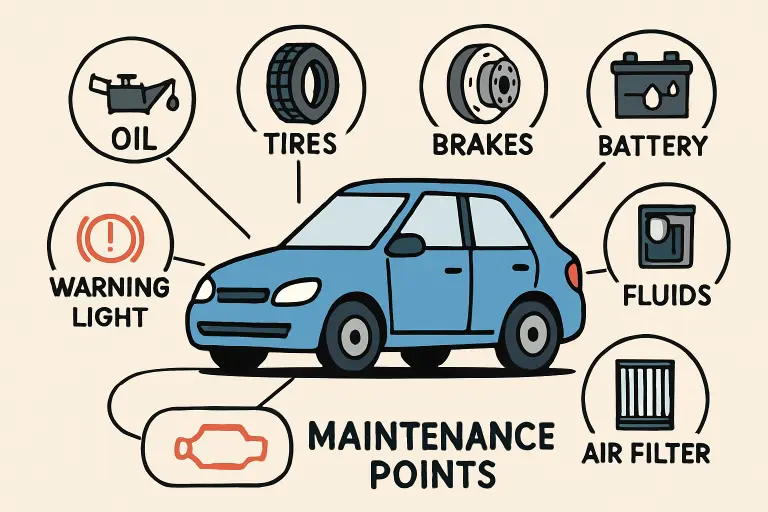











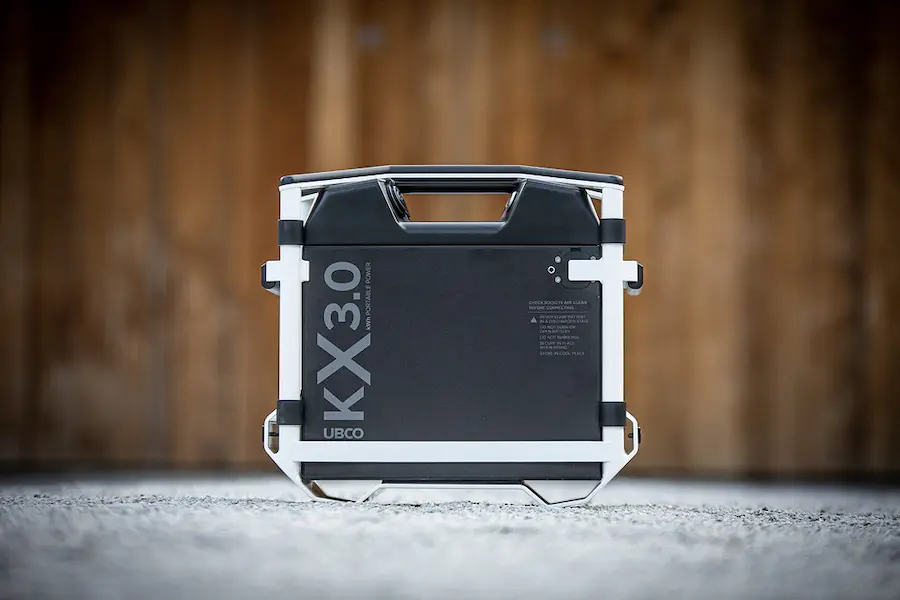

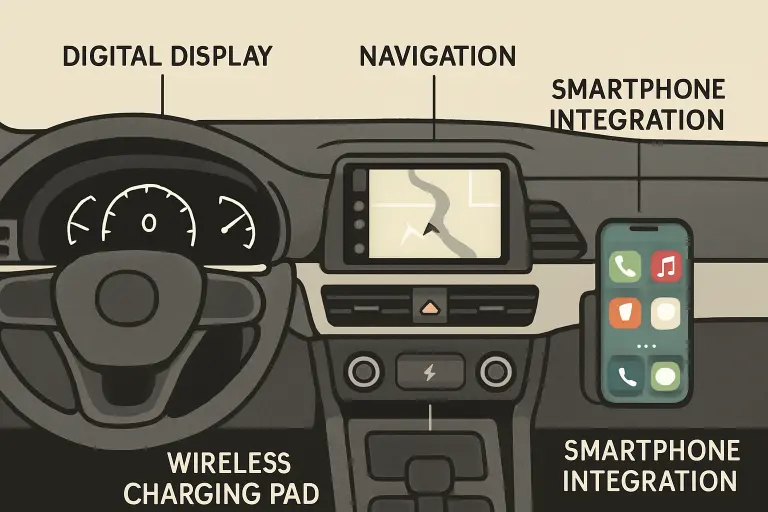

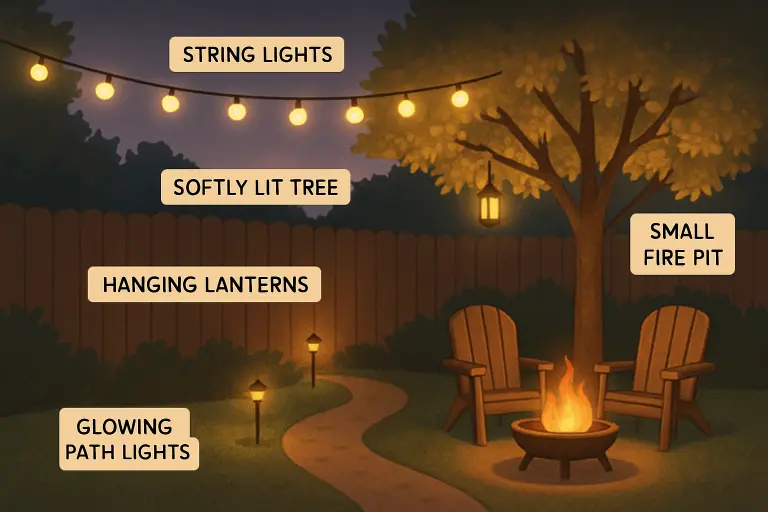





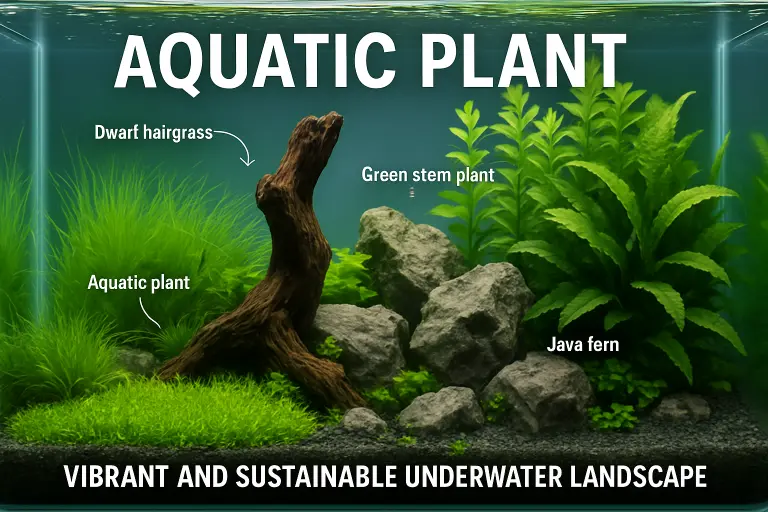




















































































































































































































































































































































































































































































































































































































































































































































































































































































































































































































































































































































































































0